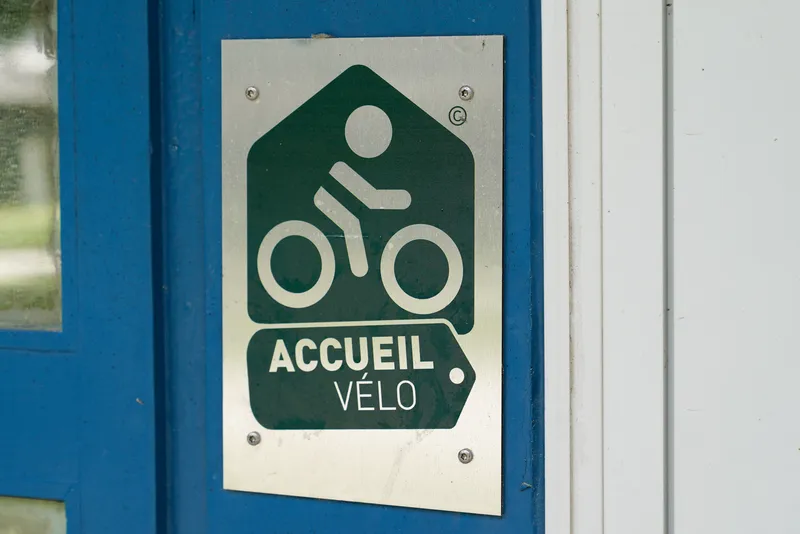As part of an ongoing trial funded by five West of England local authorities, UK bus operator First West of England will for the first time be test driving state-of-the-art cycle safety technology on two of its buses on the busy Gloucester Road route in the city of Bristol.
Developed by Fusion Processing, CycleEye technology aims to reduce the growing number of cyclist collisions and casualties across the country involving large commercial vehicles.
CycleEye is fitted to the side of the vehicle and
June 9, 2014
Read time: 3 mins
As part of an ongoing trial funded by five West of England local authorities, UK bus operator First West of England will for the first time be test driving state-of-the-art cycle safety technology on two of its buses on the busy Gloucester Road route in the city of Bristol.
Developed by Fusion Processing, CycleEye technology aims to reduce the growing number of cyclist collisions and casualties across the country involving large commercial vehicles.
CycleEye is fitted to the side of the vehicle and uses radar and camera sensors to identify when the risk for a cyclist is in the vehicle’s blind spot, giving an audible alert in the driver’s cab.
The device, which can operate in all weather conditions, day and night, is programmed to ignore other nearby objects such as bollards, railings or cars so they are not mistaken for bikes, cutting out the false alerts which have been an issue with other cycle safety technologies. It also reduces cognitive overload on the driver – a condition where too much information is being dealt with simultaneously by an individual – allowing them to respond faster to potentially critical situations.
A preliminary trial in London saw the system achieve an impressive 98.5 per cent success rate in identifying cyclists.
Jim Hutchinson, CEO of Fusion Processing, commented: “Our technology will allow companies who operate fleets of large passenger vehicles and heavy goods lorries to show a responsible approach to cyclists and help reduce any insurance and legal costs associated with collisions.”
Paul Matthews, Managing Director, First West of England, said: “We are pleased to be working with the city council and Fusion Processing on this project. We are constantly looking at ways we can reduce risk in our business, ensuring the safety of our customers, staff and all other road users in the process. Cycle Eye is an interesting piece of technology and we look forward to being able to review fully the findings of the study into it.”
Added Cllr Mark Bradshaw, Assistant Mayor for Transport at Bristol City Council, which has co-funded the trial: “In 2008 Bristol was named England’s first cycling city and since then we have invested in the city’s cycling infrastructure. The collaboration with Fusion Processing to test drive the latest cycle-safety technology here in Bristol reinforce our status as one of Europe’s most bike-friendly destinations.”
Developed by Fusion Processing, CycleEye technology aims to reduce the growing number of cyclist collisions and casualties across the country involving large commercial vehicles.
CycleEye is fitted to the side of the vehicle and uses radar and camera sensors to identify when the risk for a cyclist is in the vehicle’s blind spot, giving an audible alert in the driver’s cab.
The device, which can operate in all weather conditions, day and night, is programmed to ignore other nearby objects such as bollards, railings or cars so they are not mistaken for bikes, cutting out the false alerts which have been an issue with other cycle safety technologies. It also reduces cognitive overload on the driver – a condition where too much information is being dealt with simultaneously by an individual – allowing them to respond faster to potentially critical situations.
A preliminary trial in London saw the system achieve an impressive 98.5 per cent success rate in identifying cyclists.
Jim Hutchinson, CEO of Fusion Processing, commented: “Our technology will allow companies who operate fleets of large passenger vehicles and heavy goods lorries to show a responsible approach to cyclists and help reduce any insurance and legal costs associated with collisions.”
Paul Matthews, Managing Director, First West of England, said: “We are pleased to be working with the city council and Fusion Processing on this project. We are constantly looking at ways we can reduce risk in our business, ensuring the safety of our customers, staff and all other road users in the process. Cycle Eye is an interesting piece of technology and we look forward to being able to review fully the findings of the study into it.”
Added Cllr Mark Bradshaw, Assistant Mayor for Transport at Bristol City Council, which has co-funded the trial: “In 2008 Bristol was named England’s first cycling city and since then we have invested in the city’s cycling infrastructure. The collaboration with Fusion Processing to test drive the latest cycle-safety technology here in Bristol reinforce our status as one of Europe’s most bike-friendly destinations.”









